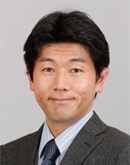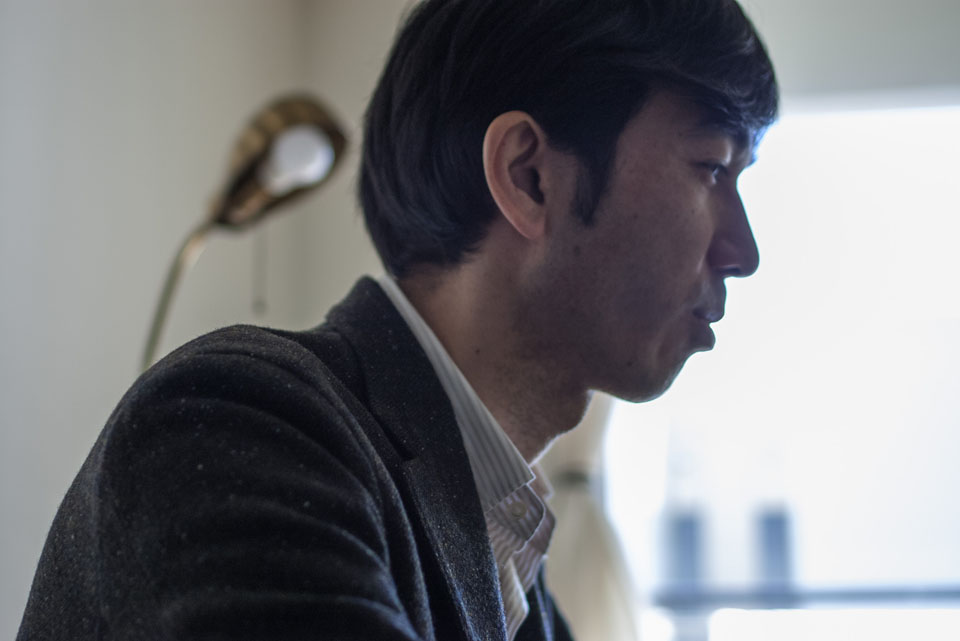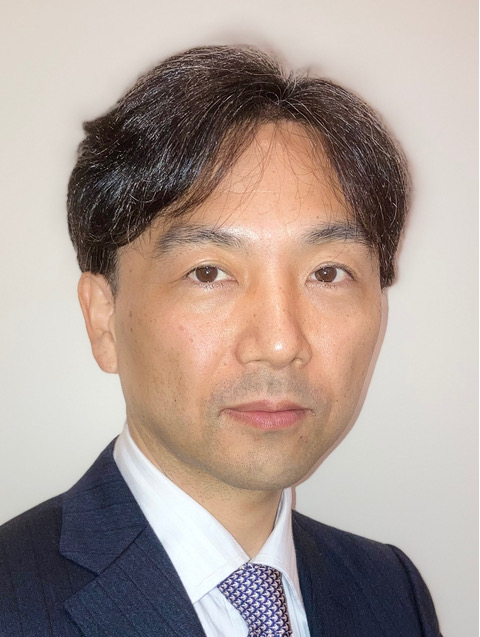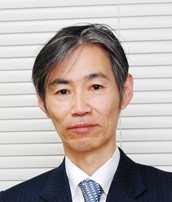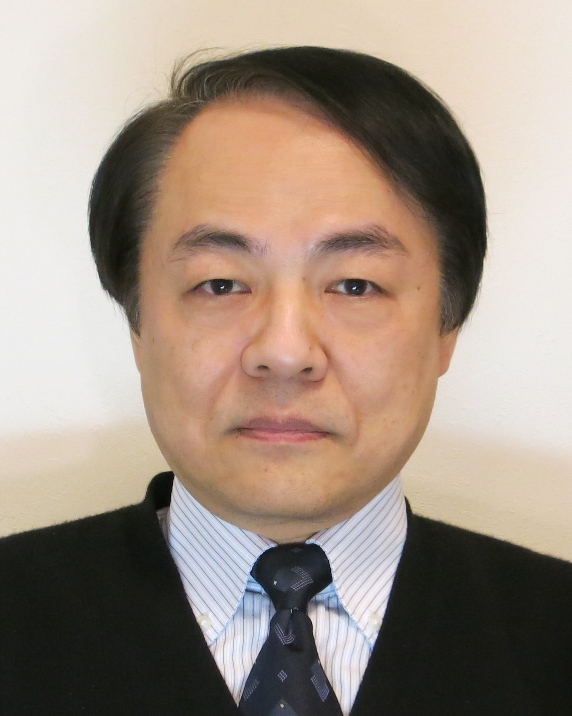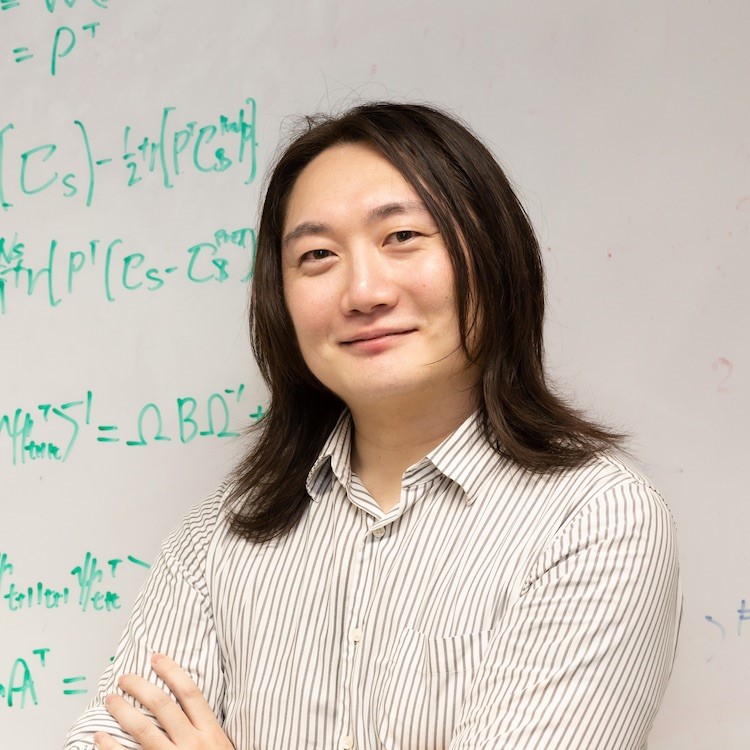メタバース空間上のBodySharing:玉城 絵美(H2L, Inc. CEO/琉球大学 工学部 教授)
我々の研究グループでは,重さや抵抗感などのさまざまな感覚を他者やロボットと共有する「BodySharing」を実現することで,臨場感溢れる体験共有を目指しています.
BodySharingで重視している固有感覚を伝達するためには,センシングとアクチュエーションの2つの技術が必要となります.我々の研究グループでは,筋肉の状態を検出するための光学式筋変位センサを新たに研究開発しました.
我々の研究グループでは,BodySharingの工学にとどまらない研究分野および産業での発展を目指しています.そのため,BodySharingのためのセンシングとアクチュエーションの技術を,UnlimitedHandやFirstVRとして研究開発者向けあるいは一般向けに量産化し,販売しています.結果,スポーツ,医療,遠隔観光や遠隔教育などの様々な分野で固有感覚の伝達や体験共有の技術開発や知見が得られ,多数の研究成果があがっています.研究成果からビジネス導入時の障壁やその突破口までを紹介します.
講師
玉城 絵美 先生
H2L, Inc. CEO/琉球大学 工学部 教授
日時
2023年12月8日(金)13:00~17:30(12:40より受付開始)第2部 14:20~15:30
当日の全体スケジュールはこちらをご覧ください。
場所
オンライン(Zoom)
お問い合せ先
本アカデミーに関するご質問等は、「各種お問い合わせフォーム」より、お問い合わせください。
講師紹介
玉城 絵美 (たまき えみ)先生
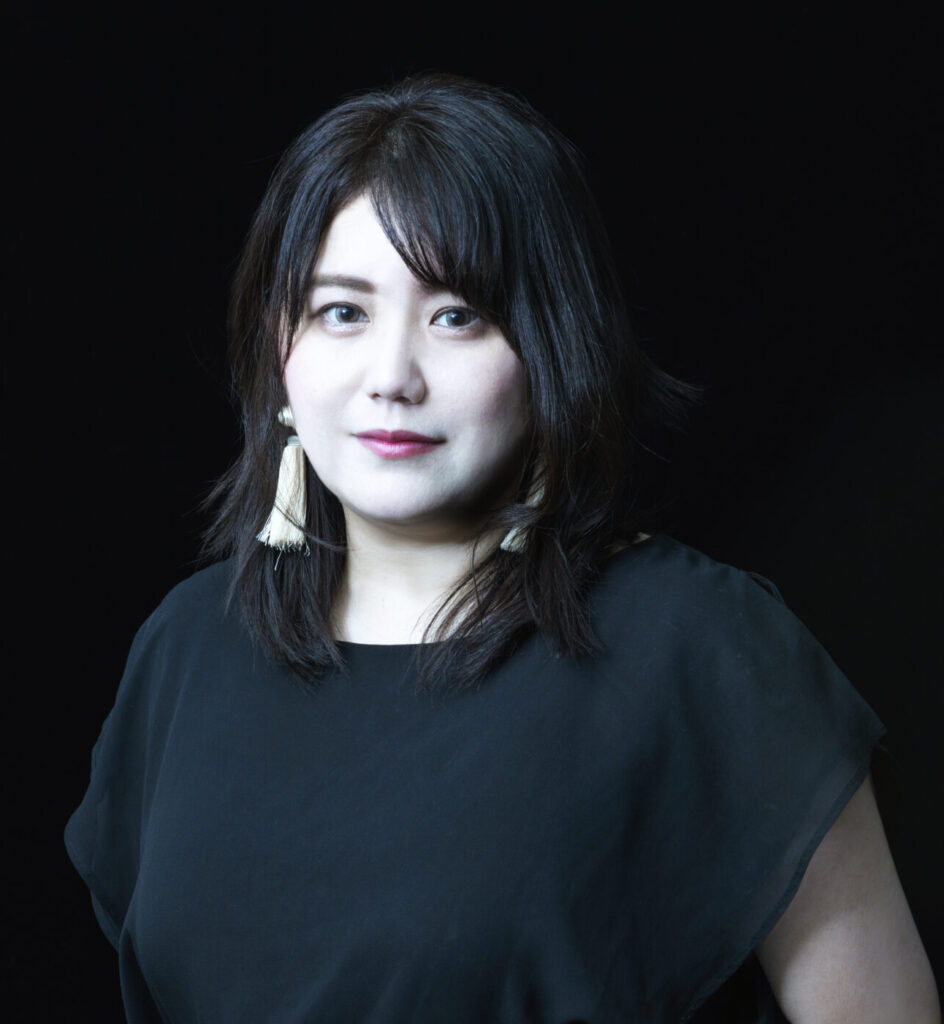
現職
- H2L, Inc. CEO/琉球大学 工学部 教授
経歴
- 2006年3月 琉球大学 工学部 情報工学科
- 2008年3月 筑波大学 大学院 システム情報工学研究科 知能機能システム専攻 修士課程修了
- 2011年11月 東京大学 大学院 学際情報学府 博士課程修了
- 2009年4月 – 2010年12月 日本学術振興会 特別研究員 DC2
- 2010年12月 – 2011年5月 ディズニー研究所 インターン
- 2011年12月 – 2013年3月 東京大学大学院 総合文化研究科 村上視覚研究室 特任研究員
- 2012年7月 H2L, Inc.創業
- 2017年4月 – 2021年3月 早稲田大学 創造理工学研究科 准教授(任期付)
- 2021年3月 – 現在 H2L, Inc. CEO
- 2021年4月 – 現在 琉球大学工学部知能情報コース教授
- 2023年4月 – 現在 東京大学大学院 工学系研究科 特定客員大講座 特定客員教授
研究概要
コンピュータとヒトの相互作用を促進するHCI(Human-Computer Interaction)および、重さや抵抗感などのさまざまな感覚を他者やロボットと体験共有する技術「BodySharing」の研究開発を進めている。
主な業績
受賞(一部抜粋)
[1] Augmented Human2020, Special Recognition Award, PossesedHand: A Hand Gesture Manipulation System using Electrical Stimuli, Emi Tamaki, Takashi Miyaki, Jun Rekimoto (Augmented Human 2010), 2020
[2] Best Presentation, Emi Tamaki, Satoshi Hosono, and Ken Iwasaki, “FirstVR: A Muscle Deformation Sensors Array Device to Detect Finger Gestures and Noise Reduction Case”, The 2nd edition of International Conference on Electronics, Communications and Control Engineering(ICECC 2019), 2019.
[3] NewsWeek Magazine, Japanese Women Leading the Way-Tech Innovator, 2018
[4] Wearable Technologies Innovation World Cup 2017, Gaming & Lifestyle “UnlimitedHand”,2017
[5] WIRED Audi Innovation Award 2016,WIRED JAPAN, 2016.
[6] The 50 Best Inventions,TIME Magazine,2011
論文(一部抜粋)
[1] Miyake, T.; Yamamoto, S.; Hosono, S.; Funabashi, S.; Cheng, Z.; Zhang, C.; Tamaki, E.; Sugano, S. Gait Phase Detection Based on Muscle Deformation with Static Standing-Based Calibration. Sensors 2021, 21, 1081, 2021.
[2] Reem Elkhouly, Shin Fukui, Emi Tamaki, Regulated Body-Sharing Virtual Trips for Pleasure and Business, Proceedings of the HCI International (printing), 2020.
[3] Tamon Miyake, Zhengxue Cheng, Satoshi Hosono, Shintaro Yamamoto, Satoshi Funabashi, Cheng Zhang and Emi Tamaki, “Heel-Contact Gait Phase Detection Based on Specific Poses with Muscle Deformation”, Proceedings of the 2019 IEEE International Conference on Robotics and Biomimetics (ROBIO), Nov. 2019. https://doi.org/10.1109/ROBIO49542.2019.8961661
[4] Hosono Satoshi, Shoji Nishimura, Ken Iwasaki, and Emi Tamaki. PondusHand: Measure User’s Weight Feeling by Photo Sensor Array around Forearm. In SIGGRAPH Asia 2019 Posters (SA ’19).
Association for Computing Machinery(ACM), New York, NY, USA, Article 16, 1–2., 2019
[5] Yukinaga Nishihara, Daisuke Takahashi, Shin Fukui, Ryuhei Yoshida, Emi Tamaki, “Evaluation of the Economic Effect of Climate Change on Rice Production in Japan: The Case of Koshihikari”, Proceedings of 30th International Conference of Agricultural Economists, Vancouver, Canada, July 28-August 2, (2018)
[6] Ken Iwasaki and Emi Tamaki, “UnlimitedHand: Touch and the Game World”, International Symposium on Intelligent Functional Reconstruction of the Hand (IFRH), poster session, 2017,.04.28, (2017)
[7] Emi Tamaki*, Terence Chan and Ken Iwasaki: UnlimitedHand: Input and Output Hand Gestures with Less Calibration Time, Annual ACM Symposium on User Interface Software and Technology. (ACM UIST2016) , 2016.10.16~10.19, ACM, 2016.
[8] Emi Tamaki, Takashi Miyaki, and Jun Rekimoto, PossessedHand: Techniques for controlling human hands using electrical muscles stimuli, Proceedings of the 2011 annual conference on Human factors in computing systems(ACM CHI2011), pp. 543-552, (ISBN 978-1-4503-0228-9), Vancouver, BC, Canada, ACM, 2011.

